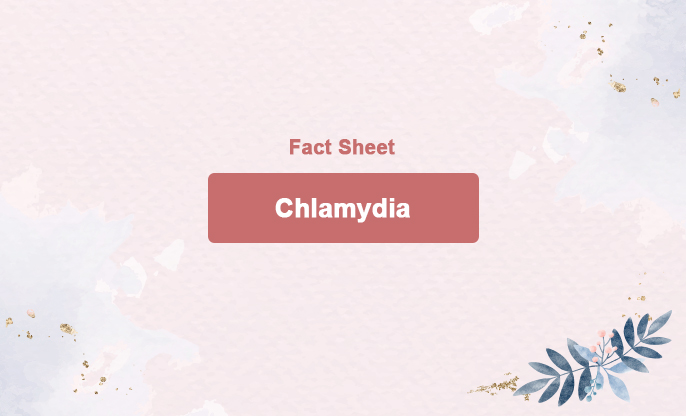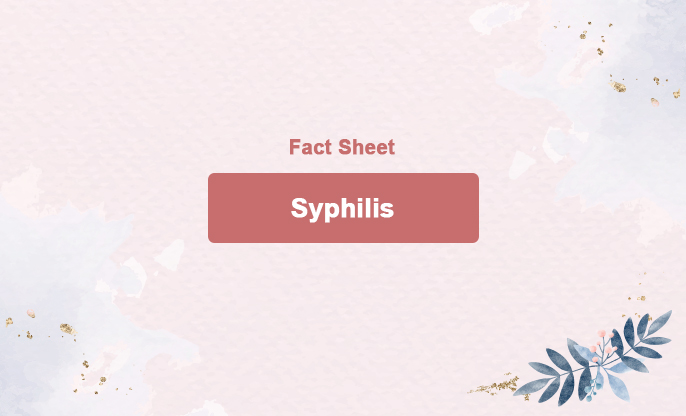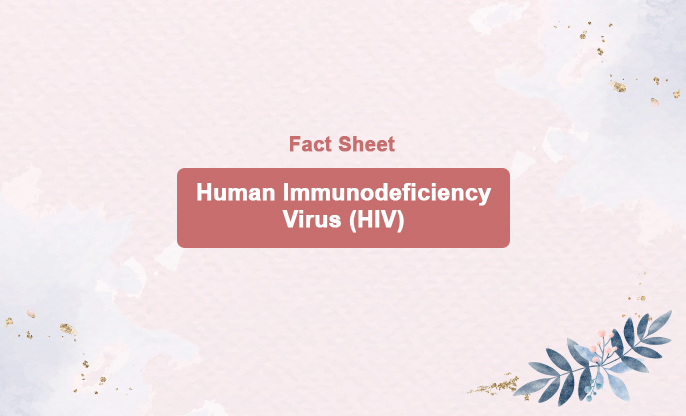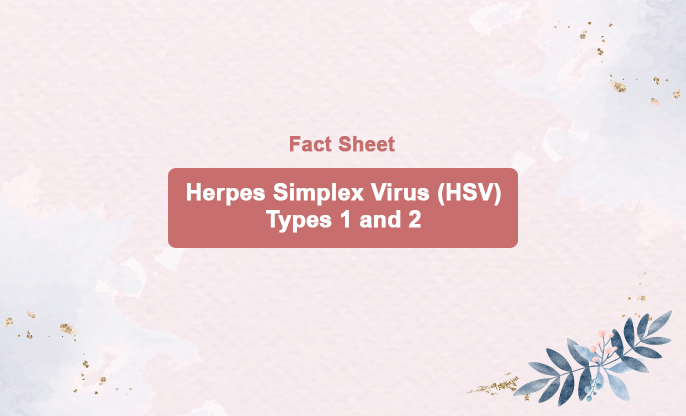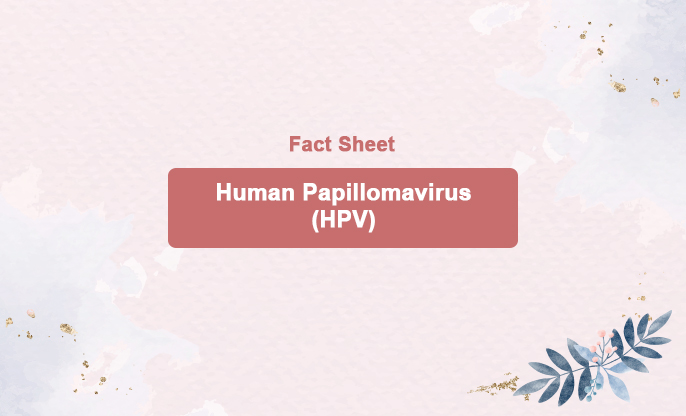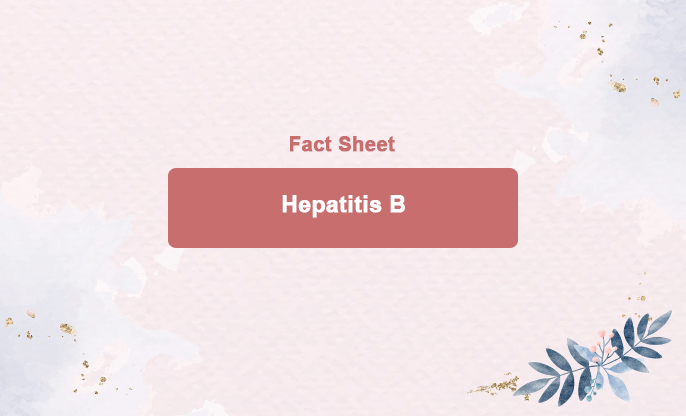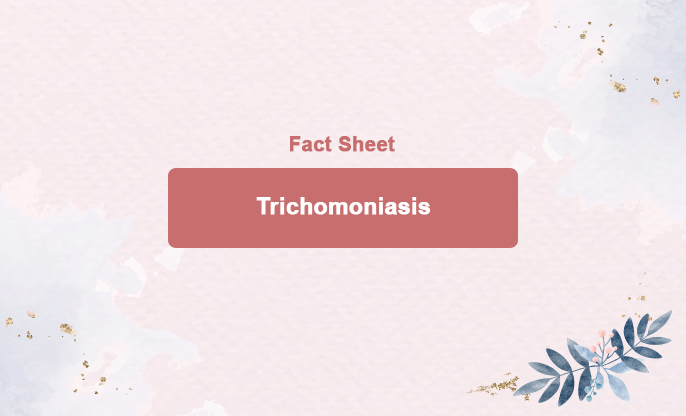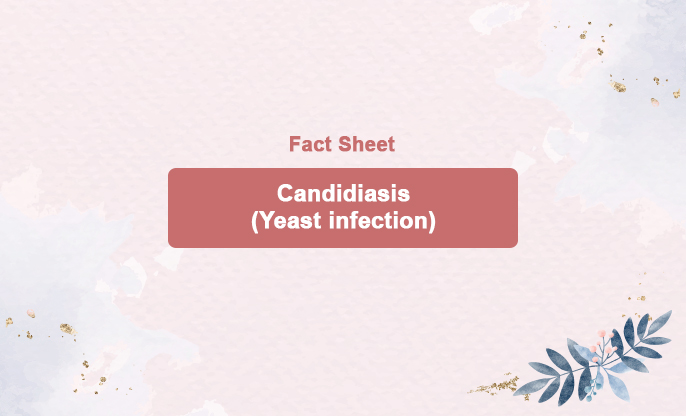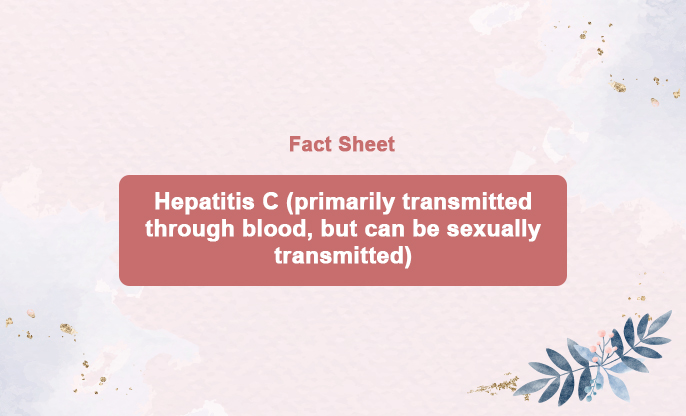
What is this?
Hepatitis C is a viral infection that impacts the liver, leading to both acute (short-term) and chronic (long-term) illnesses. It can be life-threatening. Hepatitis C is transmitted through contact with infected blood, which can occur by sharing needles or syringes or through unsafe medical procedures, such as blood transfusions with unscreened blood products.
Sexual transmission of HCV is very rare but most likely to occur during anal intercourse among men who have sex with men, especially for the receptive partner.
Acute HCV infections are typically asymptomatic and most do not result in life-threatening disease. Approximately 30% (15–45%) of infected individuals spontaneously clear the virus within six months of infection without treatment.
However, the remaining 70% (55–85%) will develop chronic HCV infection. Among those with chronic HCV infection, the risk of developing cirrhosis ranges from 15% to 30% within 20 years.
Symptoms:
Fever
Fatigue
Loss of appetite
Nausea
Vomiting
Abdominal pain
Dark urine
Yellowing of the skin or eyes (jaundice)
There is no vaccine for hepatitis C but it can be treated with antiviral medications. Early detection and treatment can prevent serious liver damage and improve long-term health.
How is it transmitted?
Hepatitis C is transmitted through contact with infected blood, which can occur by sharing needles or syringes or through unsafe medical procedures, such as blood transfusions with unscreened blood products.
Sexual transmission of HCV is very rare but most likely to occur during anal intercourse among men who have sex with men, especially for the receptive partner.
Standard treatment protocol and time:
Effective treatments are available for hepatitis C, aiming to cure the disease and prevent long-term liver damage.
Treatment:
Antiviral Medications: Drugs such as sofosbuvir and daclatasvir are used to treat hepatitis C.
Self-Resolution: Some individuals' immune systems can clear the infection on their own, so new infections do not always require treatment. However, chronic hepatitis C always requires treatment.
Lifestyle Changes:
Avoid Alcohol: Refraining from alcohol consumption can benefit liver health.
Healthy Weight: Maintaining a healthy weight is also beneficial.
Outcomes:
Cure and Health: With proper treatment, many people can be cured of hepatitis C and live healthy lives.
How to avoid it?
There is no vaccine to prevent hepatitis C. The best way to prevent hepatitis C is by avoiding behaviors that can spread the virus, particularly injecting drugs with non-sterile equipment. Hepatitis C spreads through contact with the blood of an infected person, with injecting drugs being the most common transmission method.
Community-based prevention programs, such as medication-assisted treatment and syringe services programs, can help reduce HCV transmission among people who inject drugs.
Although the risk of sexual transmission of HCV is considered low, using condoms to avoid unprotected sexual exposure has been shown to reduce the likelihood of sexually transmitted infections.
